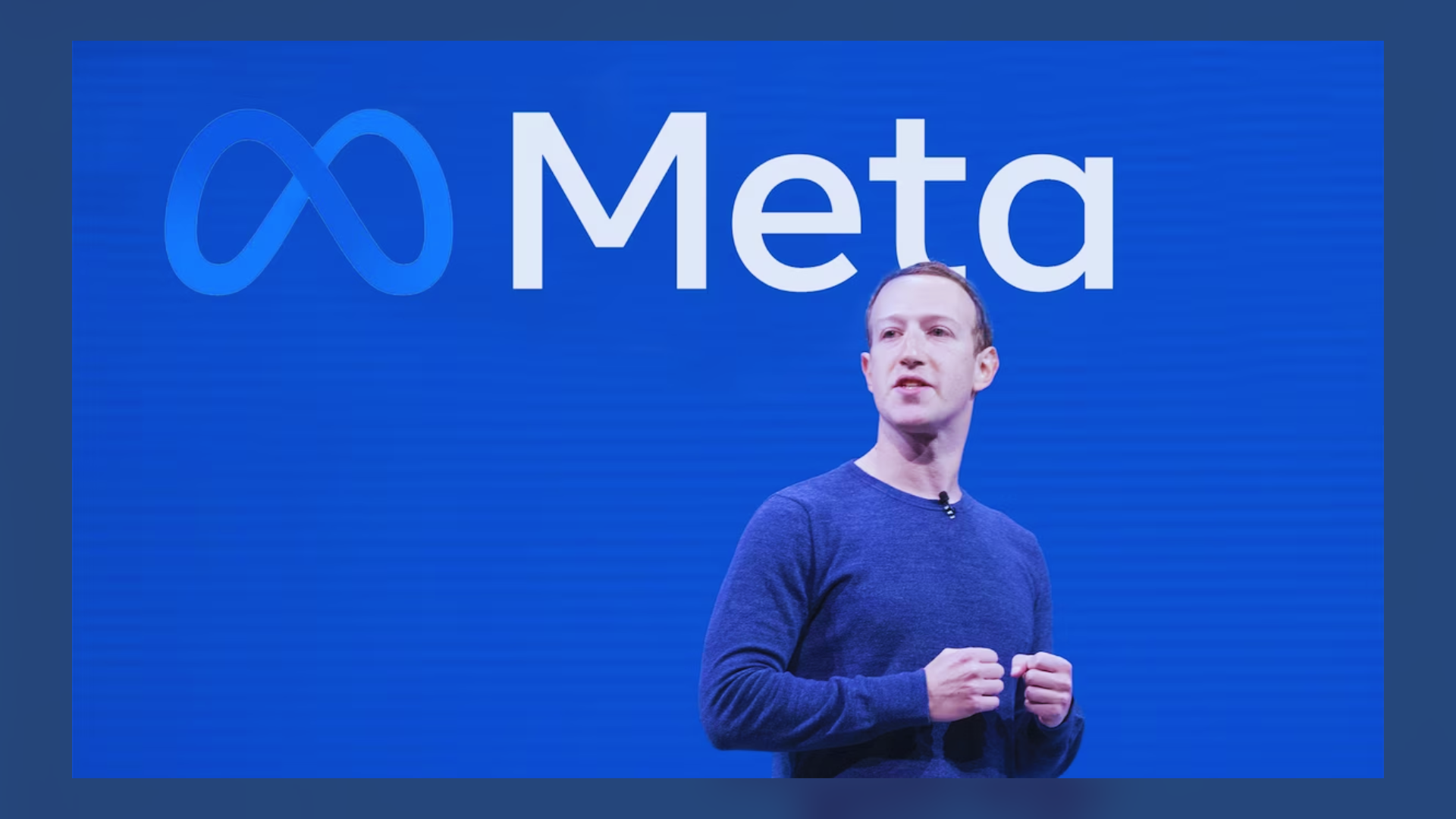In a recent letter to the U.S. House of Representatives Judiciary Committee, Meta CEO Mark Zuckerberg revealed that the Biden administration pressured his company to censor content related to COVID-19 during the pandemic. This included requests to remove misinformation about the virus and vaccines.
Zuckerberg’s letter, dated August 26, details the extent of the pressure Meta faced from senior officials in the Biden administration, including those from the White House. He expressed regret for not publicly addressing this pressure sooner and for some decisions made regarding content moderation on Facebook, Instagram, and WhatsApp.
In July 2021, President Joe Biden criticized social media platforms, including Facebook, for allegedly enabling misinformation about COVID-19 vaccines, which he claimed was contributing to preventable deaths. Former White House Press Secretary Jen Psaki and Surgeon General Vivek Murthy also publicly criticized the platforms for not doing enough to combat misinformation.
At the time, Facebook asserted that it was taking aggressive measures to address misinformation. However, as vaccine misinformation continued to circulate, the Biden administration’s criticism waned, and Facebook faced ongoing scrutiny.
In his letter, Zuckerberg stated that the administration’s requests included censoring not just misinformation but also humour and satire related to COVID-19. He admitted that Meta’s response to these demands was inadequate and voiced regret over not being more vocal about the government’s pressure. He also acknowledged that some decisions made with the benefit of hindsight might have been different.
The White House responded by defending its approach, stating that its position was to encourage tech companies to act responsibly in protecting public health while maintaining that these companies
should make independent decisions about content.
In recent efforts to appeal to conservative users, Zuckerberg has praised Republican figures, including Donald Trump, and engaged with right-wing media. This move aligns with his attempt to rebuild relationships with conservative audiences and comes amid scrutiny from the Republican-controlled House Judiciary Committee, chaired by long-time Trump ally Representative Jim Jordan.
Zuckerberg also addressed his future contributions to election infrastructure, announcing that he would not be making any donations for the upcoming presidential election. This decision follows criticism and legal challenges related to his $400 million donation in 2020 through the Chan Zuckerberg Initiative to support election infrastructure. Critics had claimed that this funding was partisan.
The Judiciary Committee hailed Zuckerberg’s letter as a victory for free speech, noting his admission of Facebook’s role in censoring content.
Also read: Trump Faces Superseding Indictment in Election Interference Case Following SCOTUS Ruling




